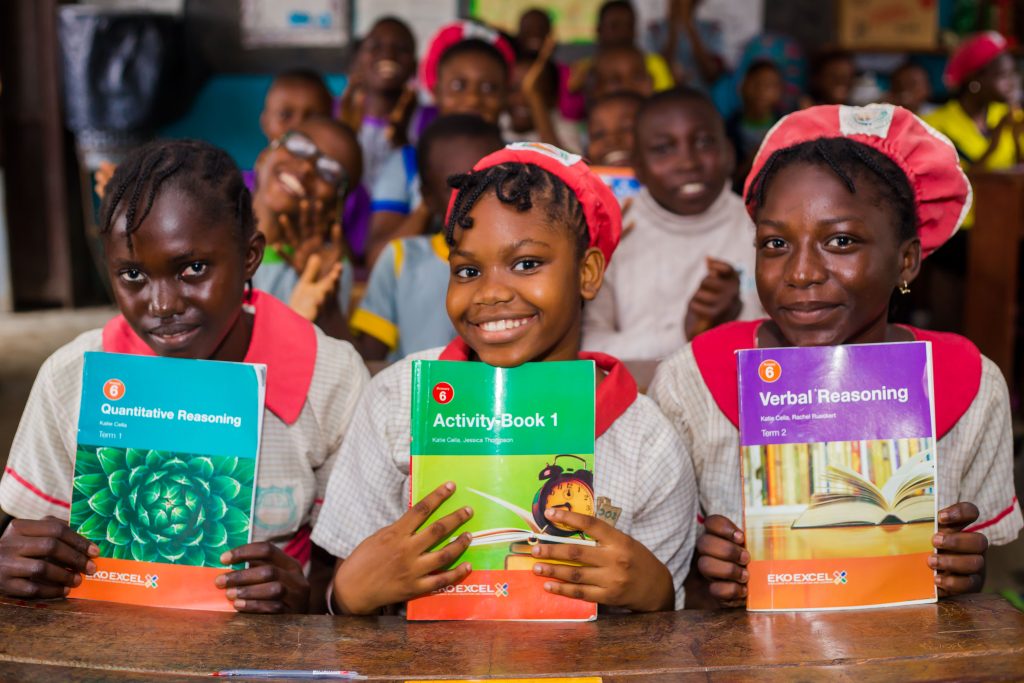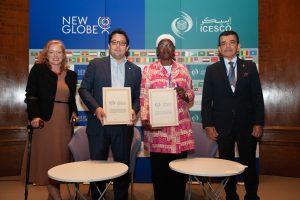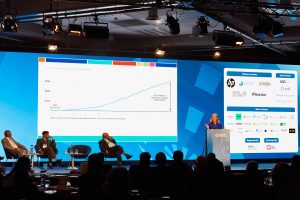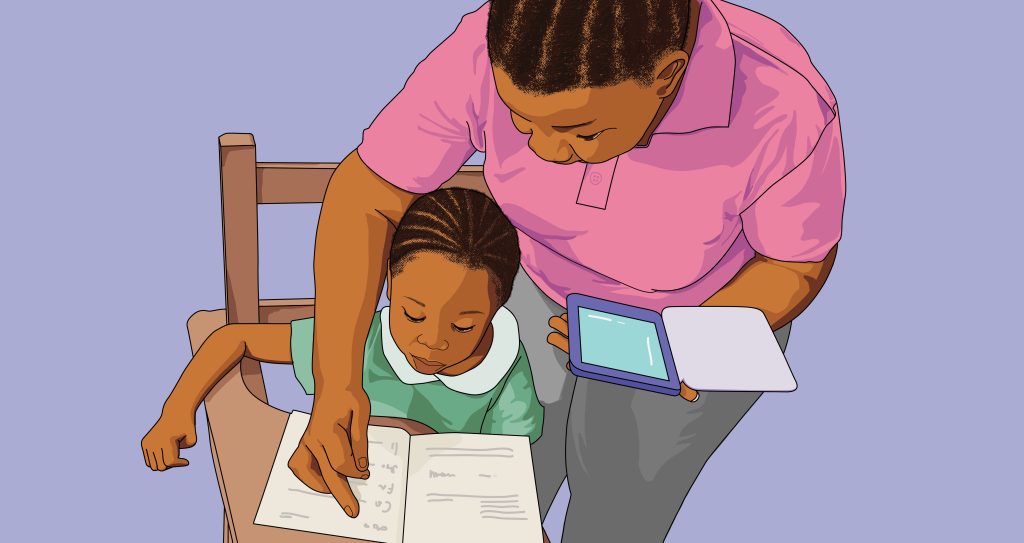Invest in people, prioritize education.
International Day of Education
January 24 is the UN’s International Day of Education. The theme for 2023 is “Invest in people, prioritize education.” UNESCO, the UN’s education arm, makes a compelling case for such investment:
“Without inclusive and equitable quality education and lifelong opportunities for all, countries will not succeed in achieving gender equality and breaking the cycle of poverty that is leaving millions of children, youth and adults behind.”
Of course, governments do already invest vast sums of money in education. Kenya, for example, spends nearly 5% of its GDP according to the World Bank, more than it spends on anything else. Although the average for sub-Saharan Africa is lower at 3.4% – below the global average of 4.3% – international donors also contribute very large sums.
The Global Partnership for Education invests funds raised from donor countries such as the US and UK. It estimates it has granted more than $231 million for education in Kenya alone since 2005, and more than $275 million for Nigeria over the last decade. In total, GPE has spent more than $5.7 billion of donor funding on education across sub-Saharan Africa.
But despite such government and international spending levels, education outcomes are at crisis levels. The World Bank’s most recent update estimates that 89% of ten-year-olds in the region cannot read a simple sentence.
The Covid pandemic and associated school closures are not to blame. “Learning poverty was very high even before the pandemic,” says the Bank. Nor is a lack of enrollment. 90% of primary-age children attend school in low and middle-income countries. These grim statistics make clear that prioritizing education is not enough. What must be prioritized is learning.
Increasingly, visionary leaders across Africa are changing the way they spend money on education, by investing in outcomes – clear learning gains for their students.

In Lagos State in Nigeria, the EKOEXCEL basic education program is a prime example of this new approach. Thousands of government teachers and school leaders have been re-trained and are now supported to teach digitally and scientifically across all the State’s public primary schools.
Lagos Governor Babajide Sanwo-Olu explains his Government invested in EKOEXCEL in order “to change the learning outcomes from our schools. We believe a solid foundation for our children starts with qualitative primary education.”
Supported by NewGlobe as its technical partner, the program ensures every teacher receives comprehensive instructional guidance for every lesson, based on cutting-edge pedagogical research. The technology enables world-class quality lessons, specifically designed to maximize learning, to be delivered by all teachers.
It also provides real-time monitoring from every classroom in every school. EKOEXCEL leaders know each lesson is a high-quality one and can track not only student performance, but a whole range of other crucial indicators, as Governor Sanwo-Olu explains:
“We have been able to have tablets that are given to teachers at primary schools for them to have the same learning curriculum. They have the same lesson notes.
And it ensures that we can reduce absenteeism, truancies, and even teachers not coming. We can remotely monitor them and see who is teaching what and the quality of teaching across primary schools.”
The results are excellent. According to the Lagos State education board, EKOEXCEL is dramatically accelerating learning, with children learning two times more in maths and three times more in literacy. Early monitoring also found the program was delivering gender equity gains, with girls attending EKOEXCEL schools 8% more likely to attend than girls at schools other schools.
The training and support for teachers through EKOEXCEL draws praise from teaching unions. Akintoye Hassan, chair of the Lagos State National Union of Teachers, praises his members’ support.
“EKOEXCEL has brought about change as teaching and learning have become more pupil-centered. As you are teaching, you are also learning. The innovative technology has also enabled the teacher to learn because there is guidance,” he said.
“The pre-introduction training organized by EKOEXCEL assisted in reducing the level of skepticism. It has been a pleasant story.”
The teaching methods underpinning EKOEXCEL and all the programs supported by NewGlobe have been independently studied in Kenya by a team led by Professor Michael Kremer, Nobel Prize winner for Economics in 2019. It reported that students taught using the methods made some of the biggest learning gains ever found in such a study.
The same methods also support education transformation programs run by the Governments of Edo and Kwara States in Nigeria and the nationwide RwandaEQUIP program, which describes itself as:
“The Government of Rwanda’s transformative program to make the country’s basic education system globally competitive.”
In each case, gathering regular and accurate data on how students perform has been key to success. Sadly, that remains a rarity in sub-Saharan Africa – UNESCO points out that there is no data on the learning levels of two-thirds of African children. There is ample evidence to support UNESCO’s argument that quality education boosts economic opportunity.
A new study co-authored by the Yidan Prize winner Professor Eric Hanushek spells it out. “According to our projections based on historical patterns of long-run growth, the world would gain $718 trillion in added GDP over the remaining century if it were to reach global universal basic skills. This is equivalent to over five times the current annual world GDP.”
But driving-up learning outcomes does even more. As Dr. Liesbet Steer, Executive Director of the Education Commission explains, investing in human capital is also vital to saving the planet from climate disasters.
“Greater investment in education, especially for girls and women, is a critical means of enhancing adaptive capacities over the long term…investments in women’s and girls’ education offer the potential dual benefit of furthering climate action while increasing overall social equity.”
On International Day of Education, we should be clear that investment that drives learning and transforms student outcomes must be our priority. And clear also that if it can be achieved, the gains across Africa and for the whole world will be transformational too.



